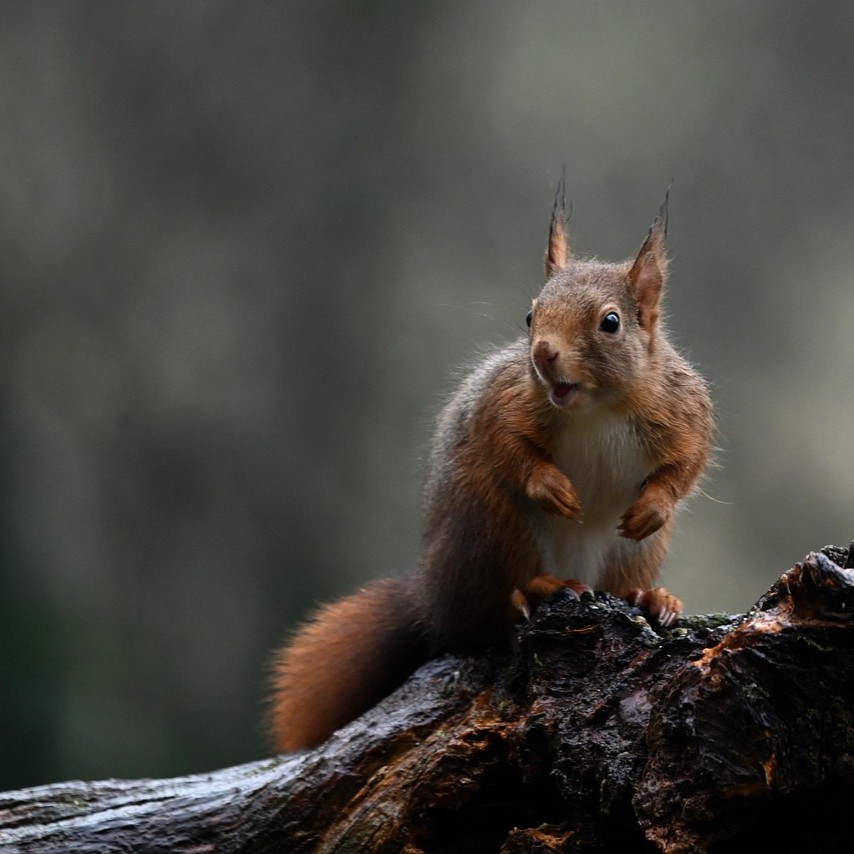Why Bristol?
- 2nd for earth systems...
...and environmental sciences (REF 2021)
- 100% green labs
- 12th for sustainability
Changing our understanding of the carbon cycle
A new study has revealed for the first time that ancient carbon, stored in landscapes for thousands of years or more, can find its way back to the atmosphere as CO₂ released from the surfaces of rivers.
Nuclear energy: The energy mix
In the second of three episodes about the world of nuclear energy production in the UK, researchers from the School of Physics discuss why nuclear and renewable energy need to work together to make for a much more stable electricity system.
Climate research in action
In Conversation
Around 252 million years ago, the world suddenly heated up. Over a geologically brief period of tens of thousands of years, 90% of species were wiped out. But what does that tell us about weather patterns today? And how does simulating the earth's greatest mass extinction reveal new understanding of El Niño?
Achieving net zero together
Achieving net zero by 2050 requires innovation, collaboration, and an interdisciplinary approach. We’re advancing cleaner transport, smart energy systems, and sustainable industries while working towards a just transition that leaves no one behind. Through partnerships and collective action, we can build a fair, inclusive, and sustainable future for all.


Protecting red squirrels
The introduction of North American Grey Squirrels in the UK has had a devastating impact on the native Red Squirrel population. A domination of resources and the spread of disease forced red squirrels into woodland 'strongholds', isolated areas vigilantly monitored and managed to prevent the invasion of greys. This data, power and labour intensive process relies on filming feeding stations, which risks attracting grey squirrels. Bristol PhD student Will Cresswell sought to address this, trialing passive acoustic monitoring (PAM) as a long-term and entirely non-invasive alternative.
Spotlight on...
...the University of Bristol's Cabot Institute for the Environment works with academics, students, and research partners, as well as local and international communities, governments and individuals. Together we help solve the biggest global environmental challenges. We understand that finding solutions requires different perspectives, expertise, and action. Find out more.

Discover Bristol
Our research students
Discover an exciting future and join our community of over 3,000 postgraduate researchers from all over the world.